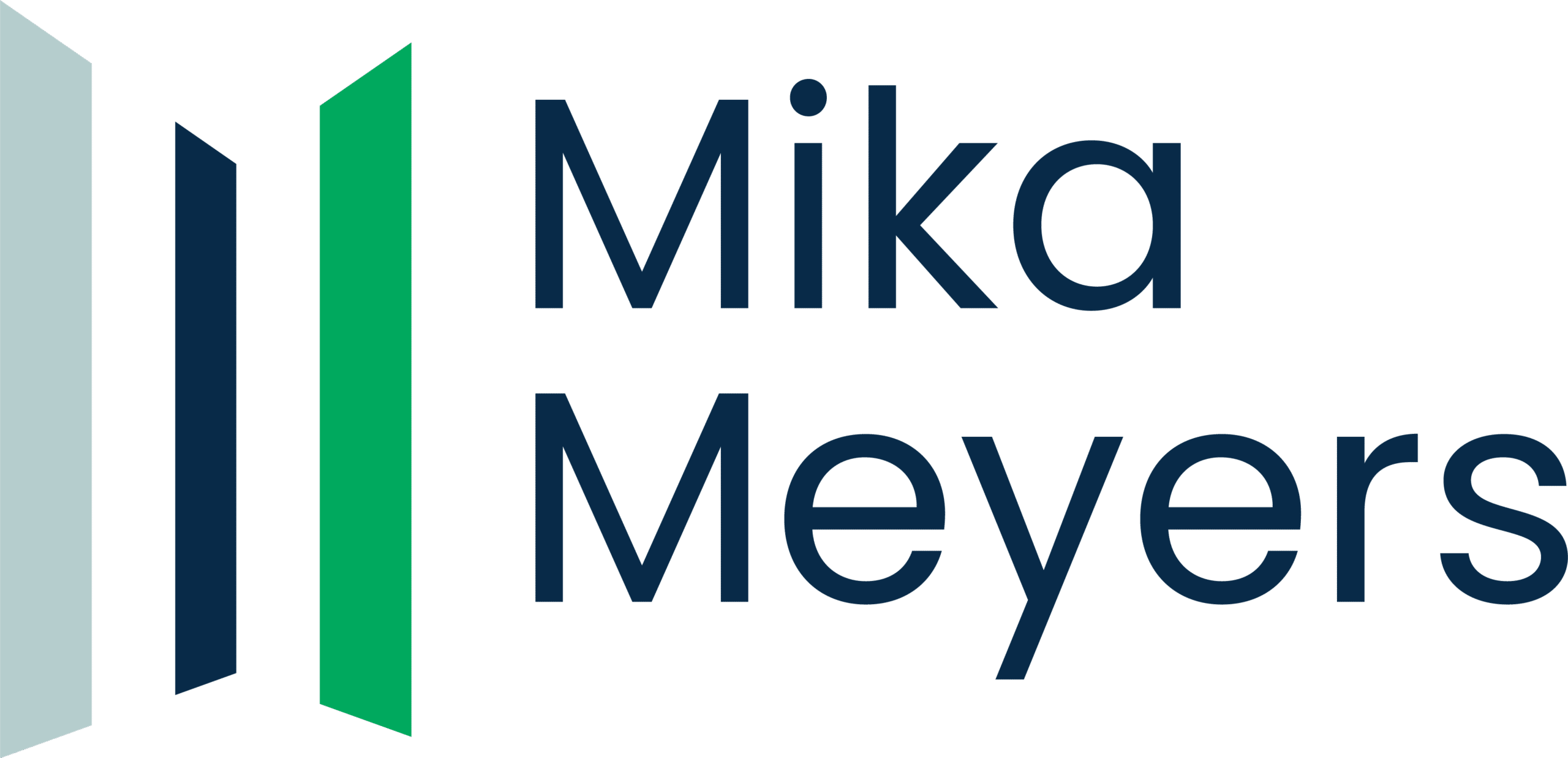In the wake of several large Ponzi schemes collapsing in 2017 and 2018, a growing number of financial advisers who steered clients towards these schemes are seeking bankruptcy protection. Fortunately, affected investors have the option of filing “nondischargeability” claims in the bankruptcy proceedings to prevent their financial advisers from escaping liability for “securities law violations,” including the sale of unregistered securities.
The pertinent provision of the Bankruptcy Code, which was added by way of the Sarbanes Oxley Act, states that a claim is not dischargeable in bankruptcy if that claim
(A) is for–(i) the violation of any of the Federal securities laws (as that term is defined in section 3(a)(47) of the Securities Exchange Act of 1934 [15 USCS § 78c(a)(47)]), any of the State securities laws, or any regulation or order issued under such Federal or State securities laws; or(ii) common law fraud, deceit, or manipulation in connection with the purchase or sale of any security;
and(B) results, before, on, or after the date on which the petition was filed, from–(i) any judgment, order, consent order, or decree entered in any Federal or State judicial or administrative proceeding;(ii) any settlement agreement entered into by the debtor; or(iii) any court or administrative order for any damages, fine, penalty, citation, restitutionary payment, disgorgement payment, attorney fee, cost, or other payment owed by the debtor.
11 U.S.C. 523(a)(19).
If a financial adviser files for bankruptcy protection before an affected investor can reduce his or her claim to a judgment or enter into a settlement agreement, some bankruptcy courts allow the investor to prove the securities law violation in an adversary proceeding before the bankruptcy court. Other bankruptcy courts require the investor to prosecute the securities law violation in a different state or federal court, then return to the bankruptcy court to request that the resultant judgment be rendered nondischargeable.
Whatever procedural approach the bankruptcy court requires, the end result is the same: the investor who successfully proves a securities law violation will have a judgment that will survive the financial adviser’s bankruptcy discharge. [1] Following the bankruptcy, the investor can try to satisfy the nondischargeable judgment by seizing and selling the financial adviser’s assets and by garnishing the adviser’s wages.
It is likely that the financial adviser will emerge from the bankruptcy with at least some assets because certain types of property are “exempt” from the claims of creditors in bankruptcy proceedings. Exempt property may include the following:
- Motor vehicles, up to a certain value
- Reasonably necessary clothing
- Reasonably necessary household goods and furnishings
- Household appliances
- Jewelry, up to a certain value
- 401k accounts and pensions
- Individual retirement accounts
- Life insurance
- Some or all of the equity in the debtor’s home
- Tools of the debtor’s trade or profession, up to a certain value.
- A portion of unpaid but earned wages
- Public benefits, including public assistance (welfare), social security, and unemployment compensation, accumulated in a bank account
- Damages awarded for personal injury
Obtaining a nondischargeable judgment is not a guaranty of recovery. Some of the property that the judgment debtor continues to own when he or she emerges from bankruptcy (because it is exempt property under the Bankruptcy Code) may still be protected against claims of creditors under non-bankruptcy debt-collection laws, state and federal.

Need Assistance?
If you have suffered investment losses as a result of malpractice or misconduct our experienced team of investment fraud attorneys may be able to assist you in recovering some or all of your losses. Call us toll-free at 888-607-4819 for a free consultation or email us through our “Contact” page to schedule a free consultation.
There is a split in authority regarding the substantive area in which a bankruptcy court can adjudicate matters under § 523(a)(19). Some courts have adopted a narrow view that § 523(a)(19)(B) requires the debt to be memorialized in a settlement or order from a nonbankruptcy forum. Pujdak, 462 B.R. at 574-75 (citations omitted); see also In re Collier, 497 B.R. 877, 903 (Bankr. E.D. Ark. 2013); In re Bundy, 468 B.R. 916, 922 (Bankr. E.D. Wash. 2012); In re Anderson, 2012 Bankr. LEXIS 3573, 2012 WL 3133827, at *1 (Bankr. D. Idaho Aug. 1, 2012); In re Jafari, 401 B.R. 494, 497 (Bankr. D. Colo. 2009); In re Zimmerman, 341 B.R. 77, 80 (Bankr. N.D. Ga. 2006). Other courts have adopted the broader view that a bankruptcy court can determine the liability, damages, and dischargeability of the debt for securities violations and securities fraud and issue its own judgment to satisfy § 523(a)(19)(B). See In re Sato, 512 B.R. 241, 251 (Bankr. C.D. Cal. 2014); In re Hill, 495 B.R. 646, 661 (Bankr. D.N.J. 2013); In re Jensen—Ames, 2011 Bankr. LEXIS 1207, 2011 WL 1238929, *8 (Bankr. W.D. Wash. Mar. 30, 2011); In re Jansma, 2010 Bankr. LEXIS 235, 2010 WL 282511, *5 (Bankr. N.D. Ill. Jan. 21, 2010); In re Chan, 355 B.R. 494, 505 (Bankr. E.D. Penn. 2006).



